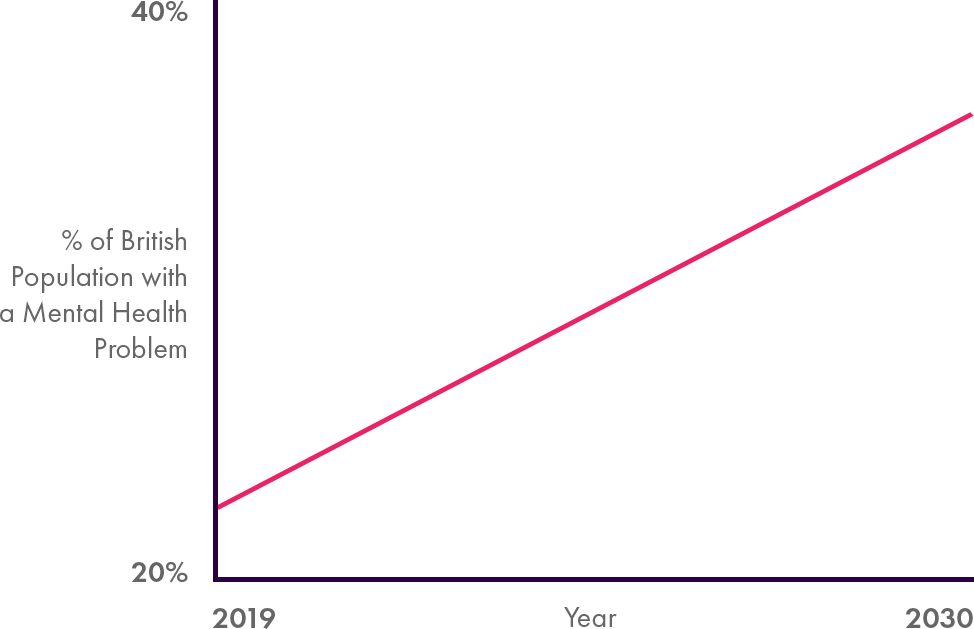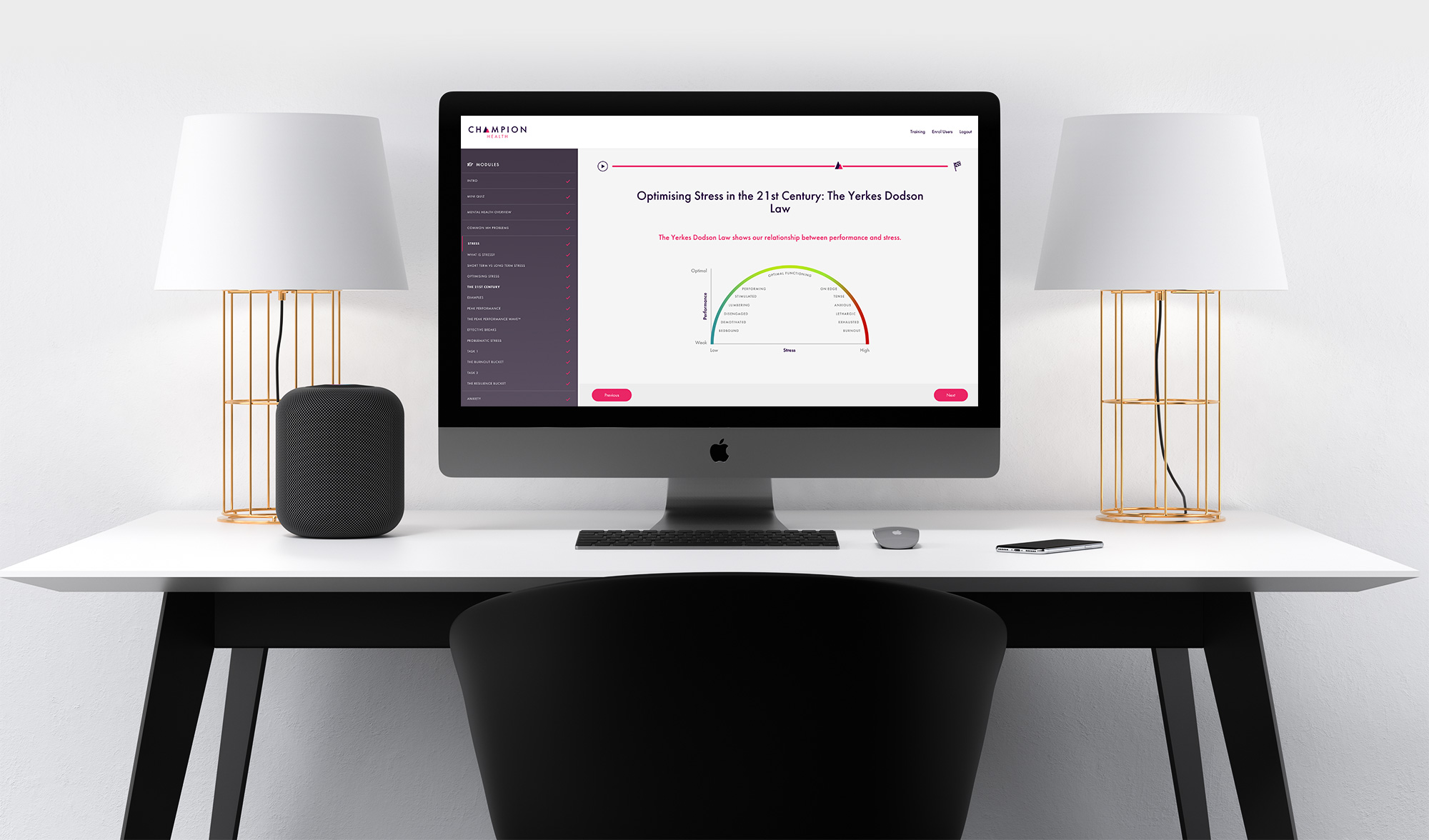
In the UK, modern culture is negatively influencing our mental health more than past cultures have.
This school of thought suggests that unless these factors are tackled, mental health problems will continue to rise.
- Demands & Pressures: There can be excessive demands and pressures placed on individuals that cannot be met, either in the work, social or family lives.
- Social media: Time spent on social media is linked with low self-esteem, low confidence and can create feelings of jealousy.
- Health Behaviours: Poor health behaviours are becoming increasingly common (physical inactivity, poor diets, lack of sleep, excessive alcohol intake – all of which are associated with mental health problems)

